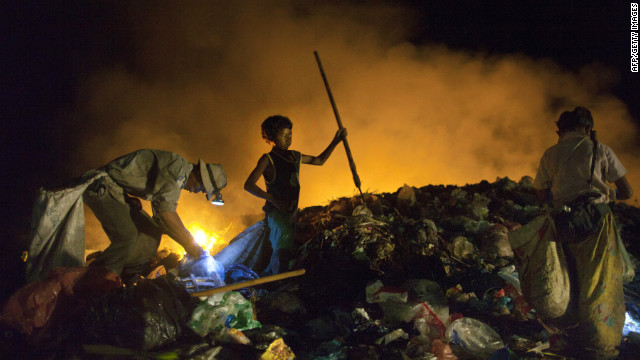This is the arena journalist are already fighting in on Youtube and Twitter. It's the only reason I'm on Twitter, to not just read the news, but watch reporters and academics fight amongst themselves over stories after they've been written.
I remember, after watching a Youtube clip of an interview with Adam Curtis, one of the most compelling and ambitious voices in contemporary journalism, I read one Youtube comment that stuck with me. It was from user Mclean Edwards...

...who wrote:
The biggest mistake by Curtis in this series [All Watched Over By Machines of Loving Grace] is conflating Systems Theory with equilibrium. He rightly points out that self-seeking equilibrium in systems is often a romantic and incorrect notion, however systems theory has since moved on. We can model things with dynamical systems, noting that chaos complicates things, but with the power of stochastics and control theory the notion of systems is still one of our best tools for understanding and controlling our world, a little at a time.Which, being a dilettante myself, is complete gibberish to me. But his comment goes to the heart of what Curtis was trying to show in that series. All Watched Over By Machines of Loving Grace is a documentary about the overweening influence of two intellectual forces in Sillicon Valley: the philosophy of Ayn Rand and the idea of nature as a system that tends toward equilibrium. The theory is that open systems, like the free market or the internet, will tend bring conflicting forces into harmony with each other as a matter of natural order, but only if those systems are allowed to interact with the natural world without any central, human force influencing or restricting these systems. Keneysian liberalism or Socialism would ostensibly be unable to deal with this world, the attempt by human subjects to understand and change this world are woefully inefficient and harmful if that world tends toward harmony all by itself. Human subjects should submit to talking to the system from within it, not above it. It's much better to give agency over something like our economy to a free market whose transactions are only regulated by computers who don't stand for moral or idealistic law, but scientific and mathematical laws which supposedly govern the market. Computers do in fact like to find equilibrium within the systems they manage, nature however is deeply offensive to the idea, and any system built on top of nature, which can't account for its whims, will fail. Curtis explores all of the suffering these ideas have brought about in the world, which are indeed profound.
But what about Mclean Edwards' comment? If he's right, all of Adam Curtis' work is lost. The whole issue needs to be reconsidered. As Karl Kraus says (of the profession of journalism he despised), "What lives on material dies before it does. What lives in language lives on with it." Though Curtis is a very talented filmmaker, an able translator for the dilettantes and a "montage ace" with an avant-gardeist sense of humor (to keep the attention of his audience he stole and deftly reapplied Martin Arnold's technique of caricature in montage and developed his own, weird, sub-textual obsession and fear of human beings dancing), he puts himself in the position of unenviable vulnerability. If a Mclean Edwards can trouble a work sufficiently, the whole thing falls apart. To live it needs someone to put it back together again.
What's the solution? One is that we relax our incredibly out of date copyright system. If Curtis is wrong, someone could chop up Curtis's work an make another film - using the same great interviews and sequences of archival footage, based on the same grand framework of Curtis's ambitious vision of how irresponsible ideas can send whole nations of people to the trash hills.

Another solution would be a culture in which documentary films were expected to have appendixes - a complimentary work that exists on filmmakers personal website or that is periodically updated and reissued with the film wherever it is viewed or sold. Such works will tend to follow their originals. As much as comment sections are for intellectual one-upsmanship (carried off with varying degrees of credibility), comments sections draw are an necessary resevoir spectators use to make sense of and complete a piece of information where it appears online. If Adam Curtis did find it necessary to make an appendix to All Machines, it would reappear every-time the original film was posted on a forum without its full context. This is a life for media would should be embracing, a life within a unique experience of language beyond our current experience of a plethora of disposable content.
No comments:
Post a Comment